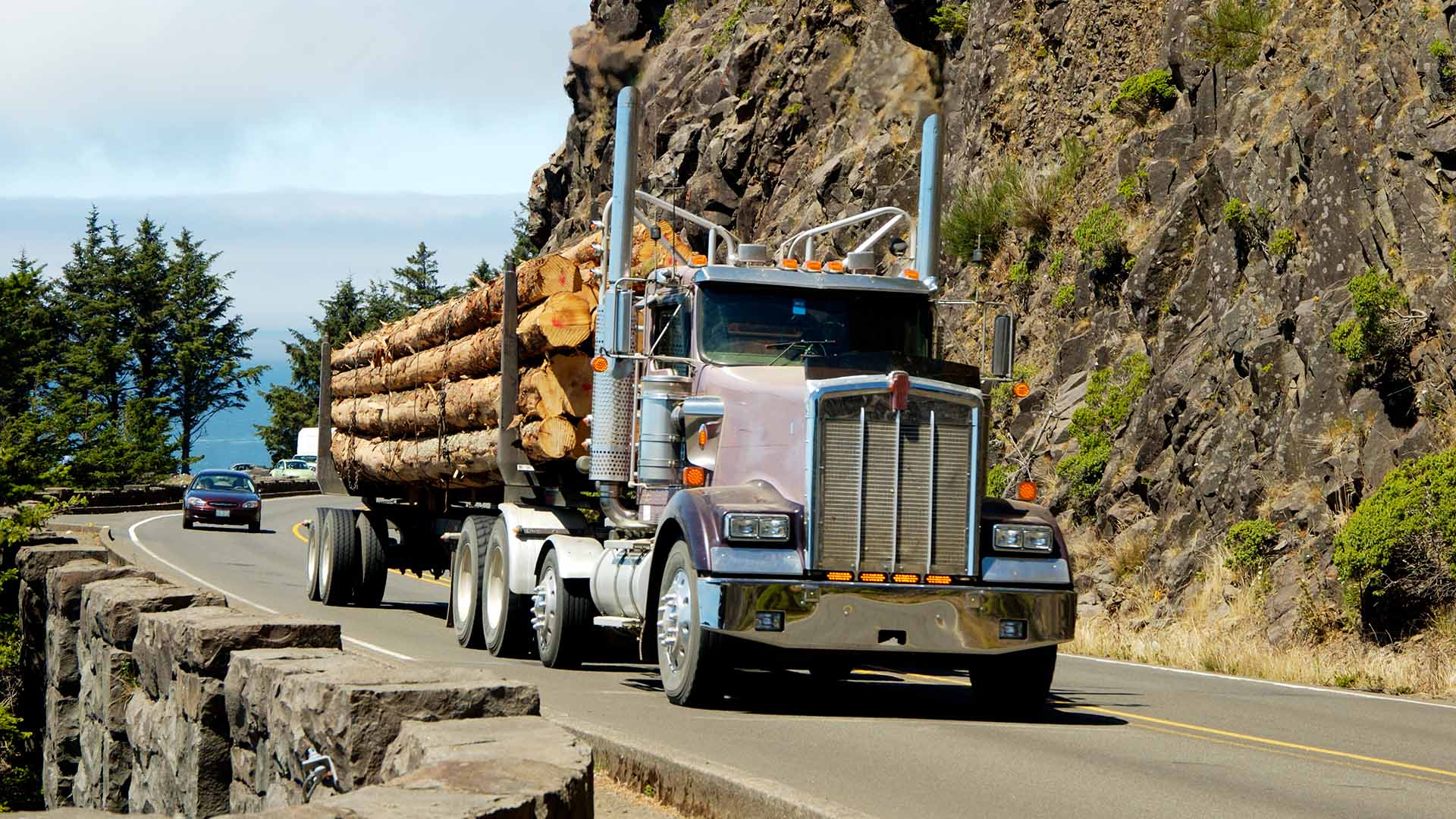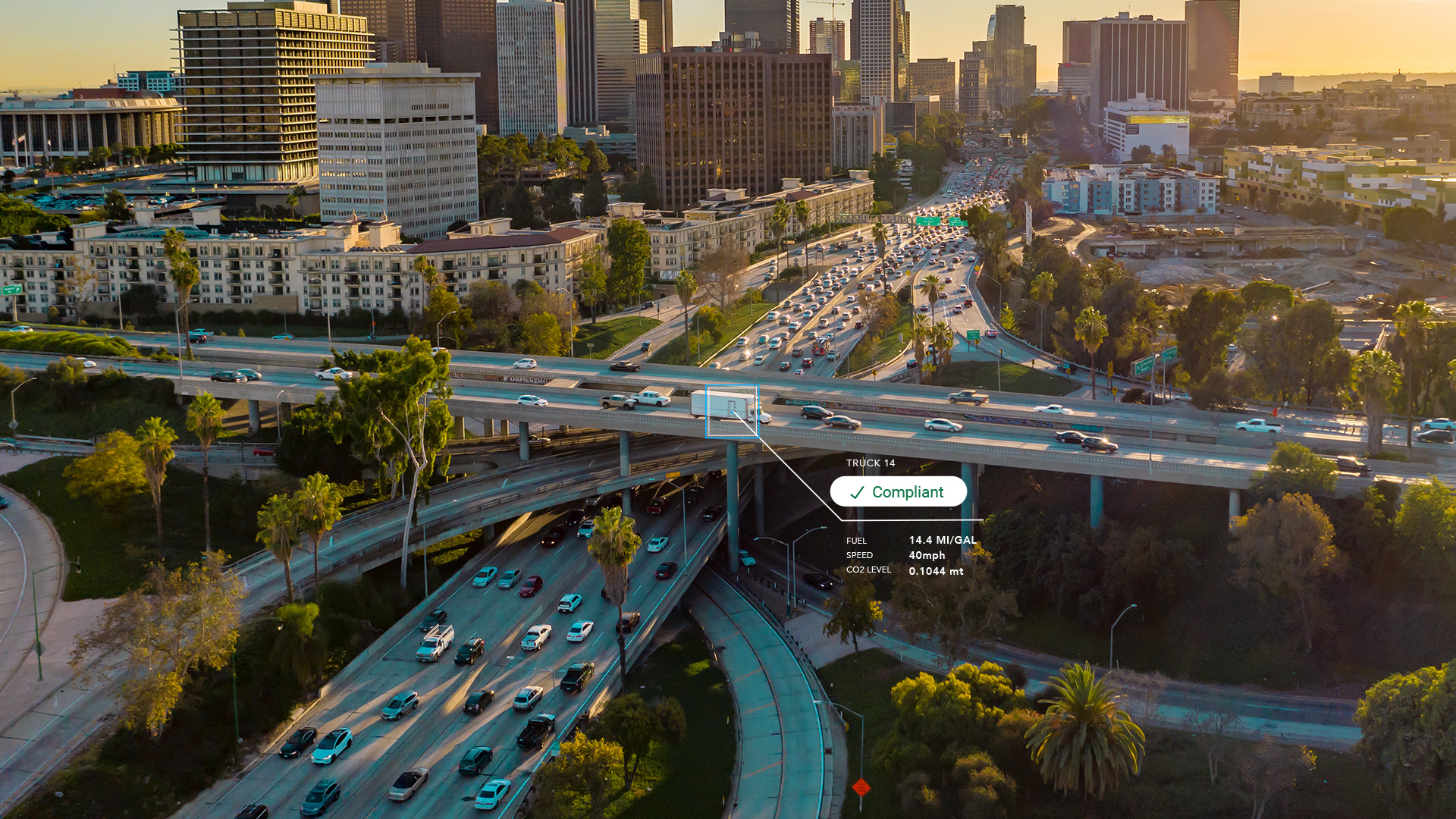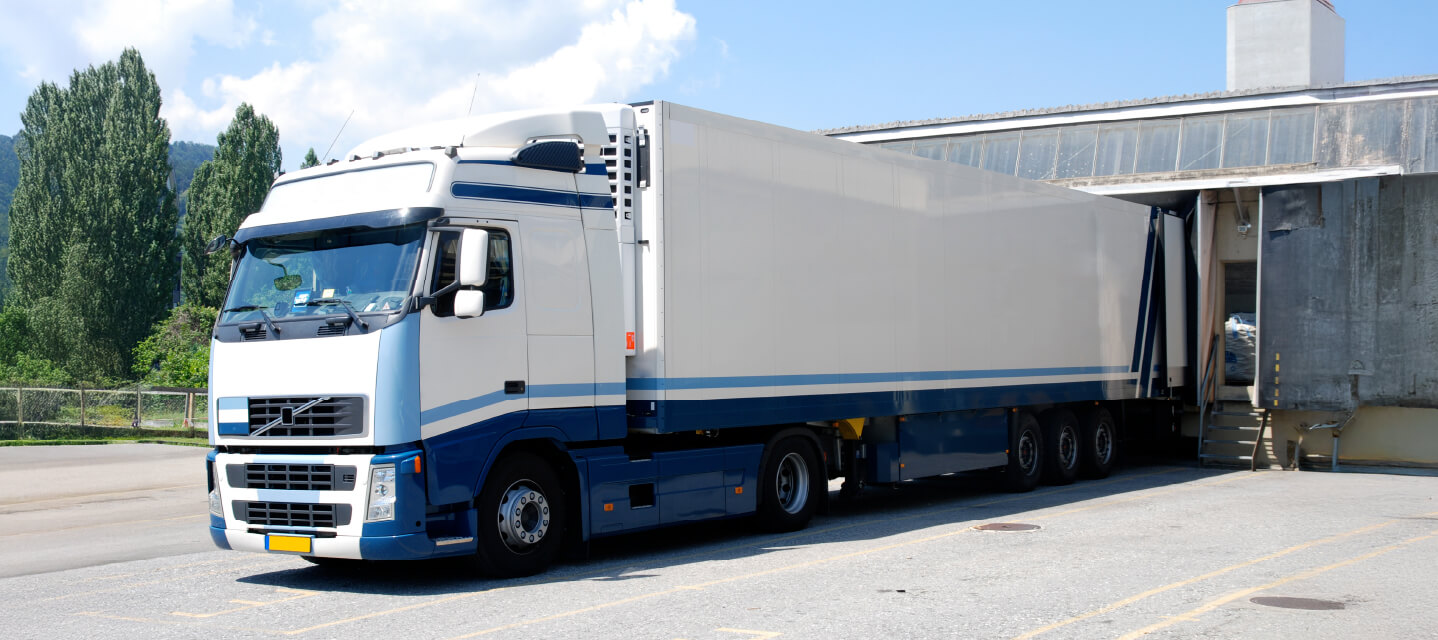Frequently Asked Questions about Canadian ELD Certification
Discover the answers to common queries when navigating Canada’s ELD certification

Group Product Manager - Geotab Drive & Marketplace at Geotab
Mar 21, 2024
Updated: May 30, 2025

Here are answers to common questions about Canada's Electronic Logging Device (ELD) requirements, including processes, deadlines, compliance, and applications.
When was the deadline for Canada’s ELD certification?
The Canadian Council of Motor Transportation Administrators (CCMTA) gave drivers until Jan 1, 2023, to start using ELDs in Canada without penalties. This was part of a soft enforcement period that began in June 2021.
However, as of Jan 1, 2023, the CCMTA now requires drivers and carriers to use an ELD to record hours of service (HoS) or else face penalties.
How does ELD certification in Canada differ from the U.S.?
In Canada, ELDs cannot be self-certified. Instead, Canadian ELDs need to be certified by third parties. The certification can be done by an accredited organization that will make sure that the proper regulations set by the Canadian government are being followed.
In the U.S., the Federal Motor Carrier Safety Administration (FMCSA) requires that ELDs be self-certified by the manufacturer and do not require third-party approval. This means that vendors can self-certify their ELD, but that does not necessarily mean they meet the requirements before certifications.
What is the purpose of the Canadian ELD certification?
The Government of Canada has opted for a third-party certification process to ensure higher compliance. This way, ELD providers must pay to have their solution tested and certified by an approved and accredited body. Third-party certification attempts to protect carriers from falsified ELDs and ensure an independent authority has validated that the ELD complies with technical requirements.
Which organizations can provide third-party certification for Canadian ELDs?
ELD hardware and software must be tested and certified by a third-party certification body accredited by the Minister of Transport. For a complete list of accredited certification bodies, visit the Transport Canada website.
Is my ELD solution compliant with Canadian regulations?
ELDs in Canada must comply with the technical specifications of the Canadian ELD mandate, including certification by a third party, accredited by the Minister of Transport before installation. Ensure an ELD solution has conformed to the Technical Standard and the Commercial Vehicle Drivers Hours of Service Regulations.
For a complete list of ELD solutions that comply with Canadian regulations, visit the Transport Canada site.
What are the key features required for Canadian fleets in an ELD solution?
Before choosing an ELD, you should check with your device provider to ensure the device meets regulatory requirements and technical standards and has been certified by an accredited certification body.
For the complete technical standard for ELDs, please refer to the Canadian Council of Motor Transport Administrators’ Canadian Technical Standard for ELDs.
At a minimum, the device you choose should include these features and functions:
- Separate accounts for both drivers and administrators (non-drivers) with unique IDs
- Synchronization with a vehicle's engine via the engine control module (ECM) or other means to automatically record engine power status, vehicle motion status, total distance driven and engine hours
- Automatically records all driving time when the vehicle is in motion, and records the vehicle's date, time, location, engine hours, and vehicle km at least every hour
- Uses geolocation to automatically convert a vehicle's position (longitude/latitude) and records the location within an accuracy of 1.6 km
- Converts and tracks date and time in the UTC (Coordinated Universal Time) for the driver's home terminal
- Keeps data for the current 24-hour period and last 14 days, and can produce these records electronically, and on-demand during a roadside inspection
- Transfers data by email, and if possible, by USB 2.0 or Bluetooth
- Prevents tampering and doesn't allow anyone to change or erase information collected for driver ELD records
- Requires the driver to review unidentified driver records – and either acknowledges assigning this driving time or indicates that the records don't belong to the driver
- Allows a driver to get a copy of their ELD records – either through a printout or digital file
- Creates and displays all required standardized data on demand, via a screen or printout
- Printouts must include: a daily header, graph grid (at least 6 inches by 1.5 inches) that shows driving duty status changes, and detailed daily logs
- Requires drivers to certify and explain any edits to records made by the driver or another user
- At the end of each day, it requires drivers to certify records of duty status that weren't certified
- Includes a user's manual, instructions for how to deal with malfunctions, how to keep records during malfunctions, and how to transfer ELD hours of service records to safety officials
- Protects the privacy drivers while data is transferred
- Includes a volume control or mute option for any audio features
How frequently do ELDs in Canada need to be retested?
Every year, ELDs in Canada will have to be retested for at least 25% of the tests. Canadian ELDs must be recertified annually by one of the three certifying bodies (AB, ON, QC) and require software updates to be completed to meet certification requirements.
What are the penalties for not using an ELD after the certification deadline?
Penalties for non-compliance include fines or out-of-service orders after multiple offenses. ELD non-compliance fines can range between $250 for HoS non-compliance and $20,000 for federal violations.
What changes should I expect in the user experience with Canadian-certified ELDs?
The automatic recording by ELDs for HoS, Driver Vehicle Inspection Forms (DVIRs) and roadside inspections helps prevent driver errors and increase data accuracy. However, it may take time to understand how to use the technology properly daily.
Once the ELD system is activated, drivers must sign into the logbook accounts when beginning a new shift. The ELD will then automatically start logging the required data. Drivers will have access to monitor their current status and print out any reports needed for inspections.
Is Geotab's ELD solution compliant in Canada, and how was it certified?
Geotab is officially listed on Transport Canada’s website as an approved ELD provider, satisfying the requirements to be ELD-compliant in Canada. Read more about the certification. Geotab completes ongoing yearly testing to maintain compliance and remain on the list of approved providers.
What ELD features does Geotab offer for Canadian fleets?
The Geotab ELD solution includes telematics hardware GO7, GO8, GO9 and GO9+ and its Geotab Drive mobile app for Android and iOS devices. Geotab Drive has already implemented key features for Canadian fleets.
One of the critical updates is the new functionality of ELD data transfers in Canada. To comply with Canadian ELD regulations, functionality will be made available for commercial vehicle drivers to transfer their compliance data at roadside inspections using an email service. To transfer data, drivers will enter an email address and any additional comments in the Drive App.
The recipient will then receive an encrypted email with the driver’s compliance data in a CSV and PDF file of the compliance logs from the last retention period, usually 7-14 days, depending on the ruleset. Refer to the Geotab Drive Compliance and Implementation Guide for more detailed information.
By investing in a certified ELD solution, cross-border and Canadian fleets can save money and time. ELDs are critical to business success, and Geotab understands their importance.
How can Canadian ELD solution providers get certified, and what is the process?
Becoming a certified Canadian ELD solution provider includes developing the features required by the technical standard, paying a fee to the certification body and receiving third-party accreditation, testing hundreds of use cases with a real-world application, and ongoing yearly testing to maintain compliance.
Geotab is committed to ensuring we have a solution that complies with Canadian regulations to support our customers.
Subscribe to get industry tips and insights

Group Product Manager - Geotab Drive & Marketplace at Geotab
Jobin is a Group Product Manager with over seven years of experience bringing new ideas and innovations to life as part of the Product Management team at Geotab. He believes that products succeed by aligning to market demand, complying with the latest regulations and solving user problems.
Table of Contents
- When was the deadline for Canada’s ELD certification?
- How does ELD certification in Canada differ from the U.S.?
- What is the purpose of the Canadian ELD certification?
- Which organizations can provide third-party certification for Canadian ELDs?
- Is my ELD solution compliant with Canadian regulations?
- What are the key features required for Canadian fleets in an ELD solution?
- How frequently do ELDs in Canada need to be retested?
- What are the penalties for not using an ELD after the certification deadline?
- What changes should I expect in the user experience with Canadian-certified ELDs?
- Is Geotab's ELD solution compliant in Canada, and how was it certified?
- What ELD features does Geotab offer for Canadian fleets?
- How can Canadian ELD solution providers get certified, and what is the process?
Subscribe to get industry tips and insights
Related posts

Enhancing winter road maintenance with postseason materials usage analyses
June 20, 2025
6 minute read

Fuel efficiency techniques every truckload carrier should know
May 30, 2025
3 minute read


Neil Cawse: Lack of appetite for risk is holding the Canadian economy back
May 12, 2025
2 minute read

CARB compliance made easy: 10 ways Geotab simplifies emissions reporting
May 12, 2025
1 minute read
